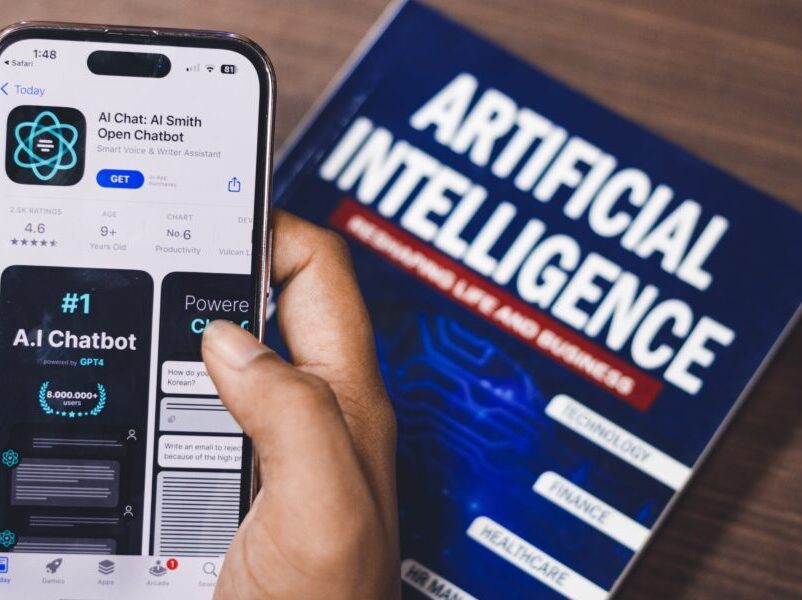This article picked by a teacher with suggested questions is part of the Financial Times free schools access programme. Details/registration here.
Read all our philosophy picks here.
Specification:
Click the link below to read the article and then answer the questions:
The week that artificial intelligence swept the Nobel Prizes
Sir Demis Hassabis discusses the limitations of AI as well as the advantages. He says current AI systems cannot replace human scientists: “The human ingenuity comes in — asking the question, the conjecture, the hypothesis, our systems can’t do any of that . . . [AI] just analyses data right now.”
-
What if AI systems could do the things that Hassabis says they cannot — ask questions, devise hypotheses, conject, speculate and so on? What would AI have to be able to do for us to consider it a mind? Or will there always be something missing?
-
David Chalmer’s famous philosophical zombie experiment aims to test our intuitions about mental and physical properties. Could AI provide a real-world example of a philosophical zombie of sorts. Philosophical zombies are exact physical replicas of a conscious person, except the lack conscious experience. What if we developed AI that were functionally identical to human minds? The only difference was that in humans the functional mental states are instantiated in organic matter, whereas in AI they are silicon, metal and plastic. Would a functional duplicate be conscious? If not, why not?
Jack Robertson, Queen Elizabeth’s School


